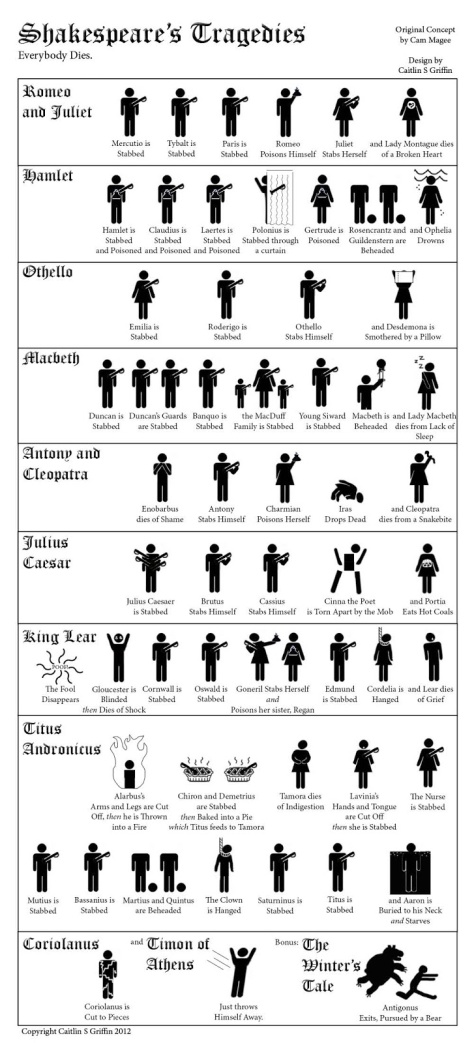When I read this article about a prolific pastor-author hiring a marketing firm to put his book on the bestselling “Advice, How-to” list, I wondered how it could possibly work. I roughly understand how a company could coordinate purchasing 3,000 books, both in bulk and individual sales, but what would they do with all of those books?
Apparently, they return them. This WSJ article on authors buying their way onto bestseller lists, says some marketers believe hitting that list once is the doorway to invitations and future success. Once you’re on the list for a week, you can claim to be a bestselling author.
Last August, a book titled “Leapfrogging” hit The Wall Street Journal’s list of best-selling business titles upon its debut. The following week, sales of the book, written by first-time author Soren Kaplan, plunged 99% and it fell off the list.
Something similar happened when the hardcover edition of “Networking is Dead,” was published in mid-December. A week after selling enough copies to make it onto the Journal’s business best-seller list, more hardcover copies of the book were returned than sold, says book-sales tracker Nielsen BookScan.
Isn’t this equivalent to creating an award to give to yourself so you can claim to be an award winner?
The marketing idea hamster Seth Godin recommends ignoring the NY Times lists altogether. “The curious know that there are in fact two lists for non-fiction hardcover books. The first list, the regular list, is the list of ‘real’ books of the sort the Times would like people to read. The second list is a ghetto, a place for How To, Advice, and the always coveted ‘Miscellaneous’ books to reside. This list was invented by the editors at the Times because these books were crowding out the other, better, books from the list.”
He says questions about serving your readers become overwhelmed by concerns about placement on the Times list. Is your goal as an author to serve your readers or your message, or is it to serve the eccentricities of this list?
Jared Wilson, who has a new book out , lists five reasons buying placement on any bestseller list is dishonest, egocentric, and poor steward, among other things. Speaking particularly to pastors who write:
, lists five reasons buying placement on any bestseller list is dishonest, egocentric, and poor steward, among other things. Speaking particularly to pastors who write:
“If you’re simply trying to expand the audience of the gospel — or your gospel-teaching material — wouldn’t it be more effective to simply purchase thousands of copies of your book and give them away to lost people? Or, alternatively, not to sell your book at all and just give it away for free? (Did Keith Green make any bestseller lists? Has John Piper?)”
Like this:
Like Loading...

